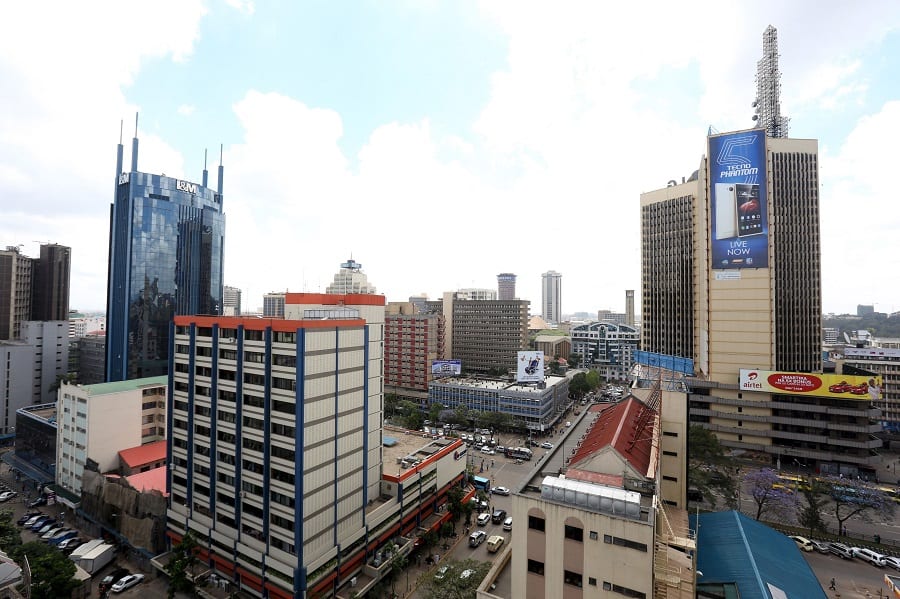Business is booming in Kenya and it’s all down to the growing development of tech businesses. In fact, Kenya is fast emerging as a pioneer in the fintech (financial technology) industry in the entire sub-Saharan region, with hubs growing in Nairobi and Mombasa.
While other traditional industries are surviving, technology isn’t affected by seasonal changes such as agriculture, which has taken a hit due to the lack of rain. The GDP of East Africa is set to grow by 6.3%, while most other regions in Africa are also set to see growth. But what is leading this fintech boom in Kenya?
Mobile technology helps Kenya lead fintech
The development of mobile technology has paved the way for Kenya’s fintech revolution. Indeed, Kenya’s information technology sector has seen a growth of 10% and now accounts for around 5% of the country’s GDP. East Africa has emerged already as a world leader when it comes to overseas mobile money transfers.
Taking advantage of the ability to use digital methods to move money around means that an entirely new audience of customers – those without traditional bank accounts – has been opened up, and the success shows that it has properly been taken advantage of.
Mobile technology has enabled the fintech revolution across the entire world. The barriers for smaller scale fintech operations have been removed due to the opportunities available for fintech on mobile devices, such as forex trading and purchasing contracts for difference (CFDs), which involves speculating on whether an asset’s price will rise or fall without owning the asset and is a gateway step to trading.
Indeed, CFD provider IG has capitalized on mobile tech development to bring mobile access to many trading options, with such developments opening up more avenues for a wider fintech boom.

Kenya’s fintech future
So, what does the future hold for Kenya’s fintech development? Mobile money transactions will continue to lead the way when it comes to Kenya’s economy, especially as they contribute to 47% of the country’s GDP. Not only has this helped curb poverty and boost economic growth, but it has helped the country move towards different technological means to generate greater business and economic development.
Indeed, the M-Pesa is considered one of the leading stories of technology developments done correctly with its ability to offer a mobile financial alternative. As well as the primary benefits of the sector, the ability for more people to have financial access means that more investments can be made where it matters, which would help boost not only the economy of the country but Kenya’s position on the world stage as a titan of technology.
Kenya’s future looks bright, and as technology develops and opens up the country to even greater means of economic growth, it looks set to glow even brighter. Focusing on both traditional means of building the economy such as agriculture, as well as modern means such as the fintech and information tech industries, means that possible issues against each sector can be mitigated using a holistic approach to boost the overall Kenyan economy.













6 Comments